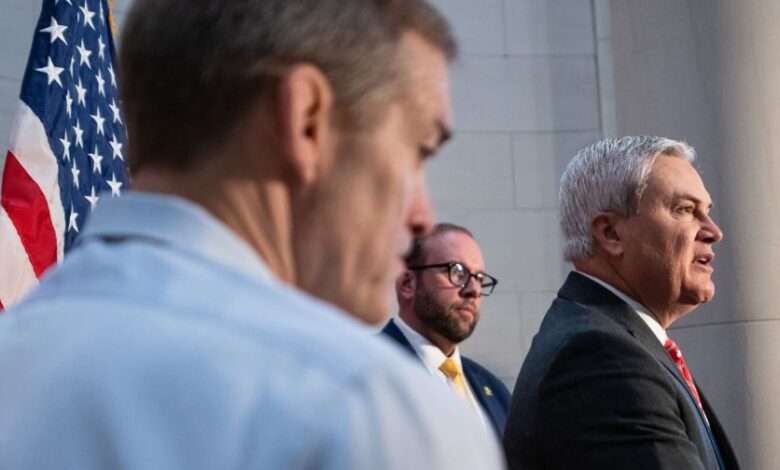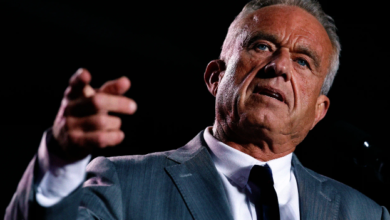House Republicans Edge Closer to Biden Impeachment: A Pivotal Political Moment

House Republicans, now in the majority, have taken significant procedural steps toward the potential impeachment of President Joe Biden. Spearheaded by prominent GOP members, this move is a pivotal moment in U.S. politics, highlighting deep partisan divides and the contentious atmosphere in Washington.
In a recent development, Republican Representative Kelly Armstrong introduced a 14-page resolution, setting the stage for the full House to vote on authorizing an impeachment inquiry against President Biden. This inquiry stems from allegations by House Republicans that Biden and his family improperly profited from policy decisions made during his vice presidency under President Barack Obama. However, the Biden administration has dismissed these accusations as baseless, with the White House condemning the probe as a partisan exercise lacking in evidence and factual grounding.
The focus of the inquiry centers on Hunter Biden, the president’s son, with plans to depose him and explore the family’s business dealings. Despite the momentum among some GOP members, there is a noticeable division within the party, particularly among GOP centrists. These members remain skeptical, emphasizing the need for concrete evidence before moving forward with an impeachment vote. Impeachment advocates within the party are exploring various angles, including the handling of a federal investigation into Hunter Biden.
As the inquiry progresses, it’s evident that the Republicans face challenges in their thin majority. The potential for an impeachment vote requires near unanimity within the party, considering the improbability of Democratic support. Additionally, the approach to 2024 brings another layer of complexity, as the impending presidential election casts a long shadow over political maneuvers, including the impeachment efforts.
Notably, this inquiry occurs in a politically charged environment, with former President Donald Trump, who himself was impeached twice, expressing support for the investigation. The outcome of this process will not only affect the political landscape but also set a precedent for how such inquiries are conducted and perceived in the highly polarized atmosphere of American politics.





